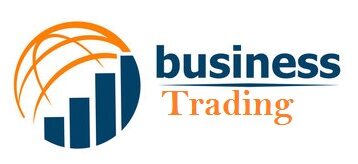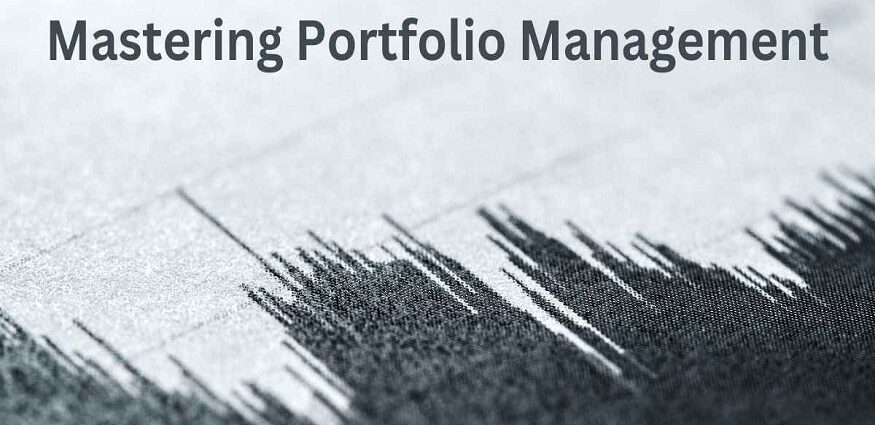Introduction
In the realm of project management, effective portfolio management is the key to achieving strategic objectives, optimizing resource allocation, and driving business growth. The Management of Portfolios (MoP) framework provides a comprehensive approach to managing portfolios, aligning them with organizational goals. This article delves into the intricacies of MoP training, offering insights that will empower you to excel in portfolio management endeavors.
Management of Portfolios (MoP) Training: A Comprehensive Approach
Management of Portfolios (MoP) Training equips professionals with the knowledge and skills to strategically manage portfolios, ensuring that projects align with organizational objectives and deliver maximum value. Below, we explore the facets of MoP training in detail:
Understanding Portfolio Management
MoP training starts with a foundational understanding of portfolio management. Participants learn to view portfolios as strategic investments, ensuring that projects are selected and prioritized based on their contribution to organizational goals.
Prioritizing Projects Strategically
One of the cornerstones of MoP training is the art of strategic prioritization. Individuals learn techniques to evaluate projects based on their potential benefits, risks, and alignment with the organization’s strategic vision.
Resource Optimization
Resource allocation is a critical aspect of portfolio management. MoP training provides insights into optimizing resources by effectively balancing workload, skill sets, and project demands.
Benefits Realization
MoP emphasizes benefits realization, ensuring that projects yield the expected outcomes. Training covers methods to track benefits, measure performance, and make necessary adjustments to maximize value.
Aligning with Organizational Strategy
A key principle of MoP is aligning portfolios with the overarching organizational strategy. Participants learn to ensure that every project within the portfolio contributes to the organization’s long-term goals.
Risk Management
Risk management is integral to portfolio success. MoP training addresses risk assessment, mitigation strategies, and contingency planning to minimize potential disruptions.
Stakeholder Engagement
Engaging stakeholders is crucial for portfolio buy-in and success. Training explores effective communication, stakeholder analysis, and strategies for managing expectations.
Portfolio Governance
Governance ensures that portfolios operate within established guidelines. MoP training covers governance frameworks, decision-making processes, and accountability structures.
Performance Monitoring
Monitoring portfolio performance is essential for timely decision-making. MoP training equips professionals with tools to track progress, assess deviations, and make informed adjustments.
Change Management
Adaptation to change is vital for portfolio success. Training addresses change management techniques, helping professionals navigate transitions effectively.
Financial Management
MoP training includes financial management principles, teaching individuals to create and manage budgets, track expenses, and optimize financial resources.
Collaboration and Communication
Effective collaboration and communication are essential in portfolio management. Training emphasizes fostering a culture of collaboration and transparent communication among teams.
Enhancing Portfolio Management with Expertise
Mastering Management of Portfolios (MoP) Training empowers professionals to navigate the complexities of portfolio management with confidence. By understanding the principles, techniques, and methodologies taught in MoP training, individuals can elevate their portfolio management capabilities and contribute to the organization’s success.
FAQs
Q: How does MoP training differ from traditional project management training?
A: MoP training focuses on managing portfolios strategically, aligning projects with organizational objectives, while traditional project management training focuses on managing individual projects.
Q: What benefits does MoP training offer to organizations?
A: MoP training enables organizations to make informed project investment decisions, optimize resource allocation, and achieve better alignment with strategic goals.
Q: Is MoP training suitable for all industries?
A: Yes, MoP training is applicable to a wide range of industries as it provides a framework for effective portfolio management, regardless of the sector.
Q: How can MoP training help in managing project risks?
A: MoP training covers risk assessment, mitigation strategies, and contingency planning, enabling professionals to proactively manage project risks.
Q: What role does benefits realization play in MoP training?
A: Benefits realization is a core principle of MoP training, ensuring that projects deliver the expected outcomes and value to the organization.
Q: Can MoP training improve stakeholder engagement?
A: Yes, MoP training equips professionals with communication and engagement strategies to foster positive relationships with stakeholders.
Conclusion
Management of Portfolios (MoP) Training is a transformative journey that equips professionals with the tools and knowledge to excel in portfolio management. By strategically aligning projects with organizational goals, optimizing resources, and fostering effective communication, individuals can elevate their portfolio management capabilities and contribute to driving business success.

